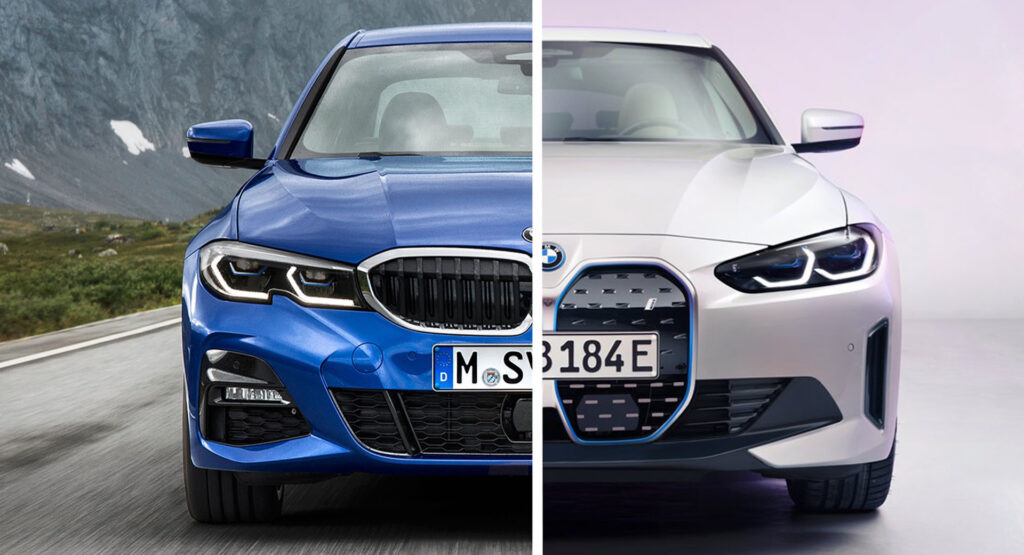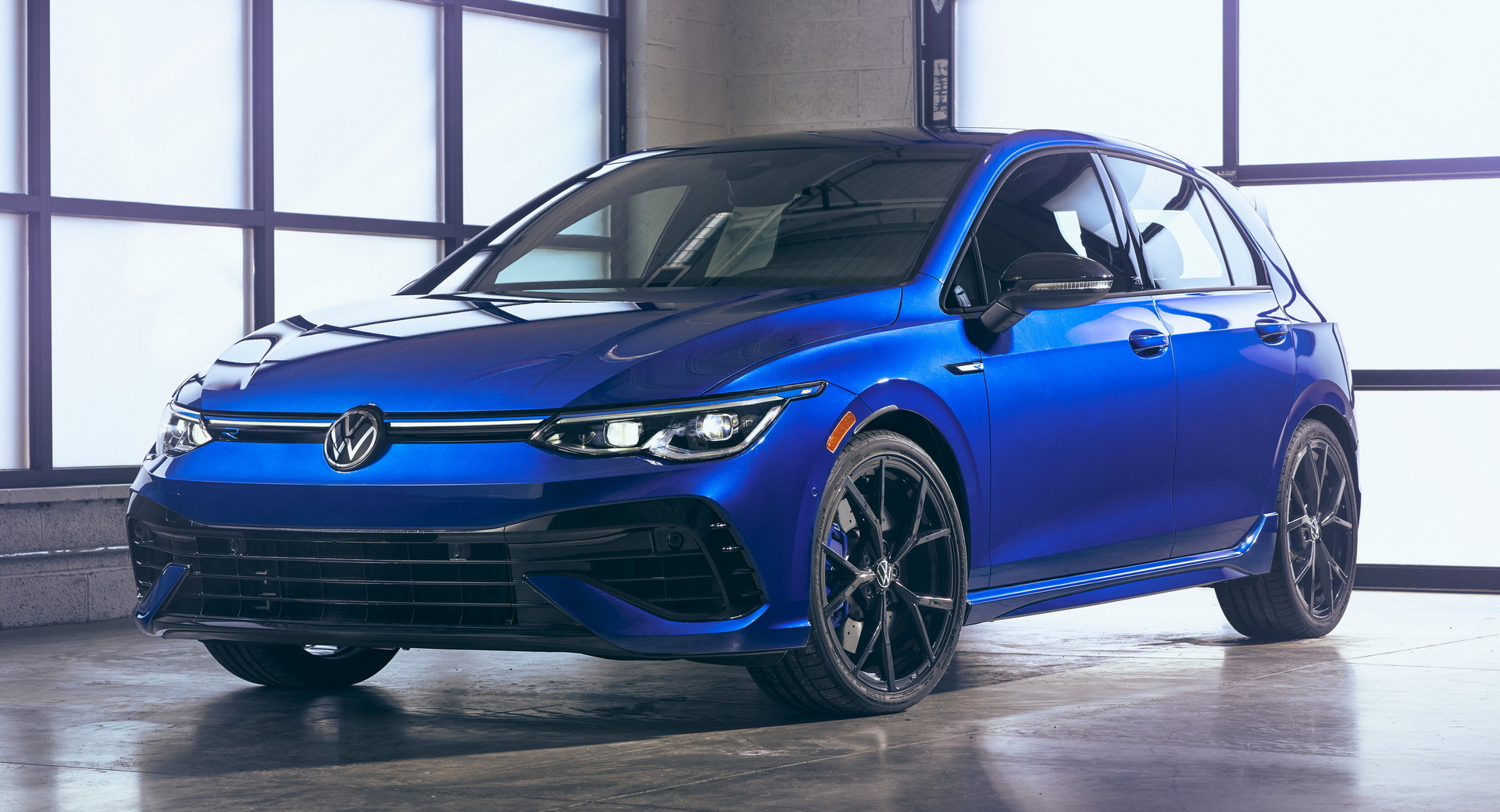From BMW’s i models to Volkswagen’s ID range, most carmakers now have an electric-only sub-brand of cars that are cleaner and usually cooler than the old-fashioned ICE cars that take the lion’s share of an OEM’s sales.
The electric sub-brands usually get bolder, more interesting styling to set them apart from gas cars, presumably because carmakers have discovered that the kind of people who are willing to embrace a change in energy source before being forced to make that change are inclined to want less conservative designs.
And to further separate the electric sub brands from the ordinary model lines, manufacturers are often (though not always) clear about there being no powertrain crossover. You can buy a hybrid BMW 3-Series and Volkswagen Golf (in Europe, at least), but you can’t buy either car with a fully electric powertrain. If you want one of those you’ll need to buy an i4 or (depending on the market) ID.3 or ID.4.
And that’s fine at the moment when there is still strong demand for both ICE and electric cars. But that demand ratio is already changing, and it’s about to get a shot of virtual nitrous as we get closer to the UK’s 2030 ICE ban and the 2035 ones in California (and soon other states) and the European Union. And if everyone is going to be buying a BMW i or a Volkswagen ID model, what does that mean for a decades-old badges currently stuck on the combustion side of the divide?
Related: 2024 BMW i5 Shows Off Its Interior And Production Headlights In Latest Spy Photos
What’s going to happen to legends like the BMW 3-Series and Volkswagen Golf, two models that have a combined 95 years of sales success between them? Will BMW and Volkswagen really axe such storied nameplates to focus on their electric sub-brands, or will they relent and grant those models access to electric powertrains at the last minute? It’s worth noting that the new 7-Series comes in electric and gas forms, even if BMW badges them like different cars, and the same goes for the BMW X3 and iX3.
The fact that both the Golf and 3-Series are available with hybrid engines and can travel for short distances on electric power will probably allow them to comply with zero emissions regulations, at least initially. And some countries, like Australia and most of the African and South American continents, haven’t yet committed to phasing out combustion power. But at some point carmakers are going to face some tricky decisions regarding the legacy models we’ve known and loved for decades.
What do you think should happen to traditional ICE cars like the 3-Series and Golf? Leave a comment and let us know.





